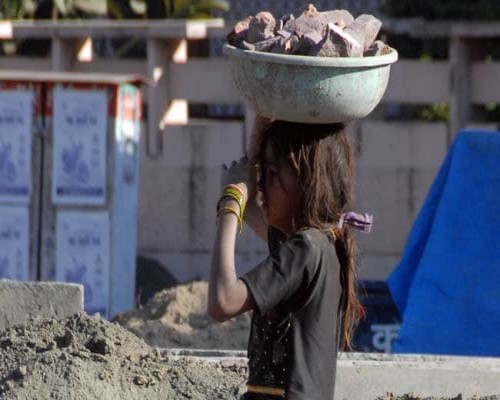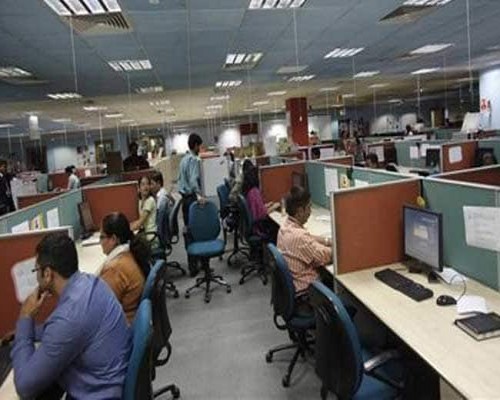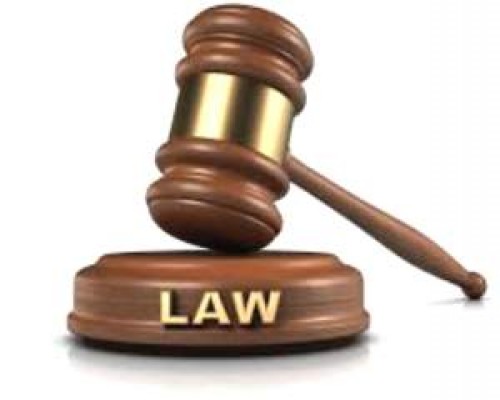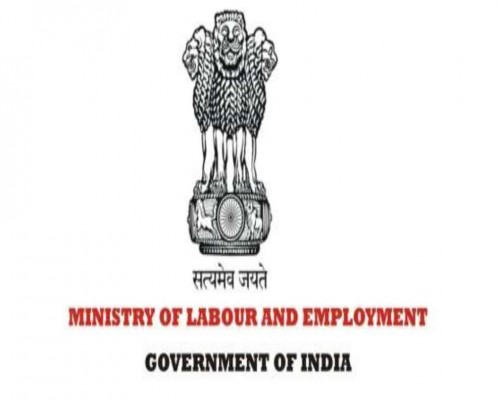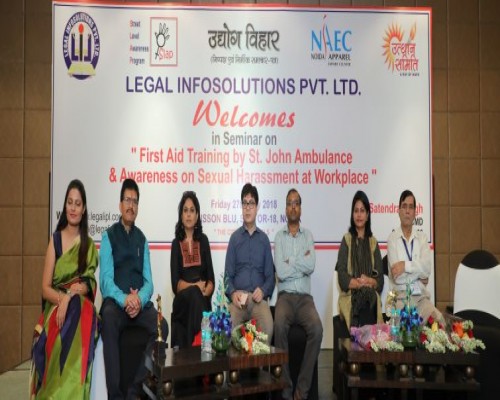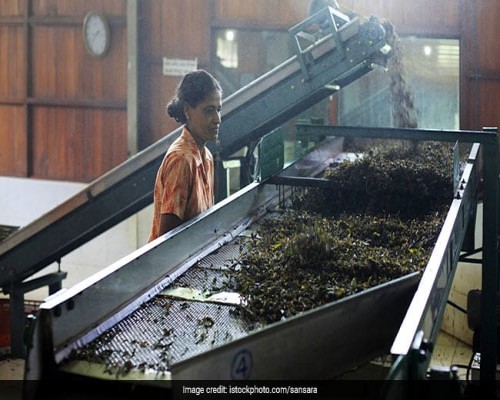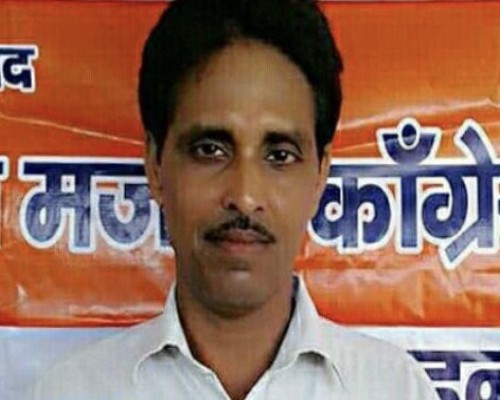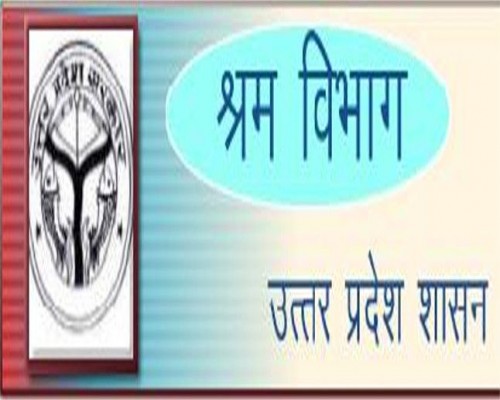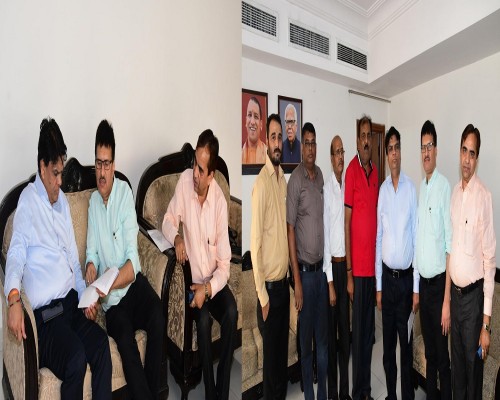Recent Labor Law Judgments (2024)

Recent Labor Law Judgments (2024)
Kerala High Court
- Private WhatsApp Chats: Employee’s private WhatsApp group chats are not grounds for disciplinary action.
- Mere Apology: An apology from an employee does not imply an admission of guilt.
- Intentional Murder and Compensation: Intentional murder by an employee does not qualify for accident compensation.
- Date of Birth Change Post-Retirement: Employees cannot change their date of birth after retirement.
- Basic Wages and Allowances: Employers cannot object to considering certain allowances as basic wages later.
- Responsibility and Punishment: Punishment cannot be interfered with solely because it was not the employee’s responsibility to perform certain tasks.
Delhi High Court
- Disciplinary Proceedings and Superannuation: Disciplinary actions cannot extend beyond the age of superannuation.
- Industrial Dispute Location: Employees can only raise disputes in the courts at their place of transfer.
- Compensation Commissioner Orders: High Courts cannot be approached against orders from the Compensation Commissioner.
- Pre-Deposit of Damages: Tribunals cannot mandate pre-deposit of damages during appeals.
- Defreezing Bank Accounts: High Courts can order defreezing of bank accounts to ensure payment of employee salaries.
- Unemployment Proof: Proving unemployment is challenging as a negative fact cannot be established.
Calcutta High Court
- Supervisor Definition: Handling administrative work independently and providing completion reports qualifies one as a supervisor.
- Trainee Gratuity: Trainees are considered employees for gratuity purposes, unlike apprentices.
- Office Relocation: Management is not required to notify changes in service conditions for office relocation.
- Differing Opinions in Enquiry: Conflicting views between the disciplinary authority and enquiry officer can invalidate the enquiry.
- Absorption and Gratuity: Absorption after training does not disrupt service continuity for gratuity.
- Interest on Gratuity: Employees are entitled to interest on delayed gratuity payments even without a specific claim.
- Madras High Court
- Leave Encashment: Employees must receive leave encashment as it is considered part of their salary.
- Contractual Employment: Long-term contract work does not guarantee a right to regular employment.
- Society Business Disputes: Disputes related to the business of a society cannot be mixed with employment disputes.
- PF Account Inactivity: No interest is accrued on a provident fund account once it becomes inactive.
- Recovery of Money: The Assistant Labour Commissioner can enforce recovery of money due to workers under a settlement.
Telangana High Court
- PoSH Act Appeals: Appeal provisions under the PoSH Act and Rules are valid and not in conflict with each other.
- Accounts Executive Classification: An Accounts Executive is not considered a 'workman' under Section 2(s) of the ID Act.
- CLRA Act Violations: Violations of the CLRA Act result in penal consequences rather than regularization.
- Parity with Reengaged Employees: Employees cannot claim parity with those reengaged for implementing a labor court award.
- EPF Act and Trainees: Trainees receiving wages are considered employees under the EPF Act.
- Company Clubbing: Clubbing of companies is valid if one is a 100% owned subsidiary of the other.
Bombay High Court
- Contract Employment: Working on a contract basis for a long period does not confer a right to regular employment.
- Retrospective Pension Contributions: Employers cannot make retrospective contributions beyond statutory limits to pension funds after retirement.
- Funding and BOCW Act Prosecution: Funding status does not influence criminal prosecution under the BOCW Act.
- Cooperative Societies and Maternity Benefits: Cooperative societies are included under the Maternity Benefit Act.
Karnataka High Court
- Date of Birth and Retirement: Changing the date of birth post-retirement is not permitted.
- EPF Act and Establishment Heads: The President and Secretary of an establishment are not classified as employees under the EPF Act.
- Defreezing Bank Accounts: Employers can represent before EPF authorities for defreezing bank accounts.
- Show Cause Notices: Show cause notices for recovery of dues cannot be challenged if not initially contested.
Jharkhand High Court
- CLRA Act Violations: Violations lead to penalties rather than regularization.
- EPFO Limitation Period: Limitation for EPFO orders is calculated from the date of knowledge when the order was not shared.
Himachal Pradesh High Court
- Trustee Powers: Only the CGIT, not solely the Board of Trustees, can reduce damages.
- EPF Act and Orphanages: Messes run by orphanages fall under the EPF Act.
Orissa High Court
- Absorption of Casual Workers: Industrial Tribunals, not Writ Courts, can direct absorption of casual workers.
- Unemployment Proof: It is presumed that workmen have worked continuously unless proven otherwise.
- Suspension Consideration: Authorities must consider applications for suspension even in sexual harassment cases.
Punjab and Haryana High Court
- Cess Act Reimbursement: There is no restriction on agreeing to reimburse statutory liabilities under the Cess Act.
- Provident Fund Deductions: Principal employers must ensure provident fund deductions if contractors lack PF accounts.
Patna High Court
- Summons Issuance: Summons against the occupier can only be issued after establishing a prima facie violation of the Factories Act.



